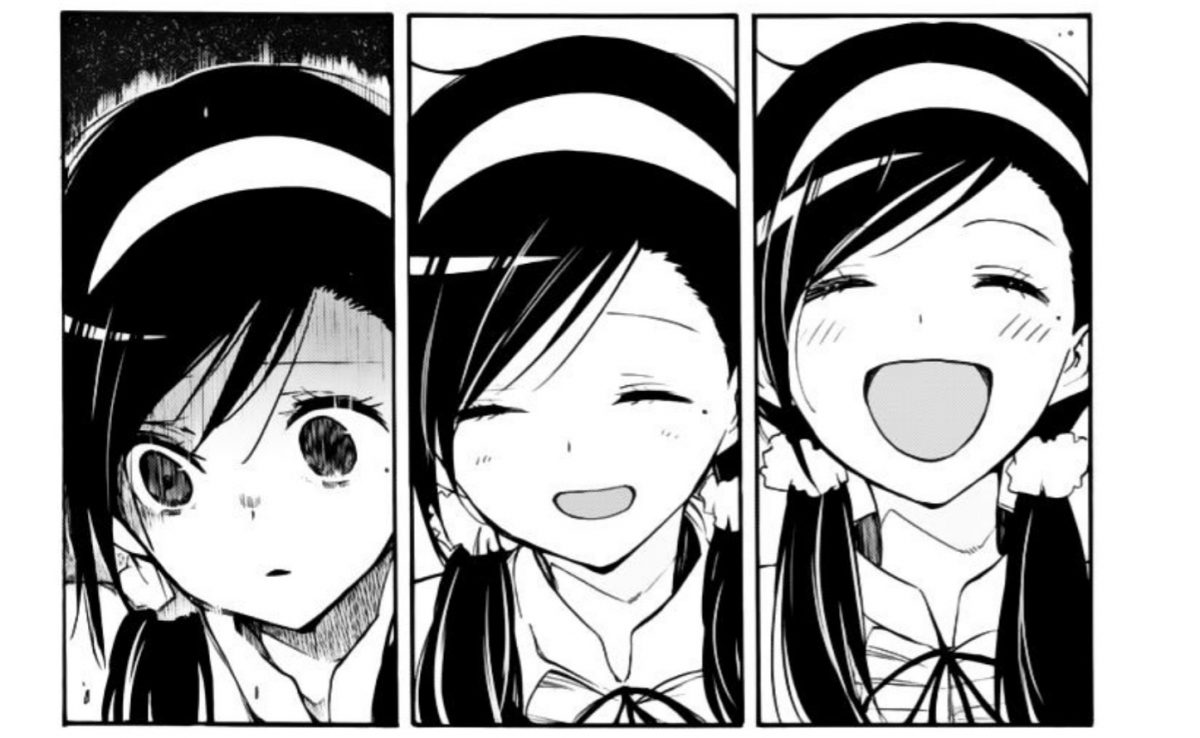Quick, do you know how many Great Lakes there are on North America? The answer is five. The reason I know this is, the official name of the Great Lakes in Japanese is Go-daiko or the Five Great Lakes (五大湖 in Japanese). The Japanese can be really organized at times, and they like to codify things into little lists to make them easier to manage, not unlike the classic Seven Wonders of the World ranking. Have you read the Four Great Tragedies of Shakespere (四大悲劇)? I didn’t know there only four of them, but this is the term the Japanese use to describe Hamlet, Macbeth, Othello and King Lear. These “most famous” mini lists are positively legion in Japan, and no matter what subject you’re interested in, there’s probably a “best three” list for you. If you’re planning a trip to Japan, you might want to hit the Nihon Sankei (日本三景), the Three Most Beautiful Views of Japan, which are the gnarled Japan Pines of Matsushima, the view from the top of Amano Hashidate Mountain in Kyoto and the floating arch at Miyajima. How about the Three Rare Delicacies of the World? Caviar, foie gras and truffles. The Three Great Soups? Bouillabaisse, Shark’s Fin and Tom Yan Kung. How about the Three Great Guitarists of the world? Eric Clapton, Jeff Beck and Jimmy Page. There is even an official listing for the Three Great Brands of Ham in the world. There’s a Japanese Wikipedia page on this if you want to delve in deeper.
Right now the wind is howling outside my window, as winter lets us know that it’s on its way. This wind is called kara-kaze, the dry, cold gale that races across the Kanto Plain this time of year. Gunma is a mostly mountainous prefecture in the center of the country’s main island of Honshu, dominated by three large volcanic mountains, Akagi, Haruna and Asama. We’re quite thankful for these mountains, since in addition to providing us with beautiful scenery, great skiing and a fun place to drive mountain roads while listening to Initial D background music with track names like “Speedy Speed Boy,” they keep the majority of the winter snow on the Sea of Japan side of the country, away from Tokyo. The most active volcano around here is Mt. Asama, a hulking mass that can always be seen venting steam out of its cone. Mt. Asama had a major eruption in 1783, turning the local village of Komochi into “Japan’s Pompeii” (and possibly one of the Three Great Volcano Disasters of Japan? I’ll have to look that up). It erupted gain two years ago, essentially picking the entire Kanto area up and dropping it a meter or so down. There’s something about living in Japan that makes you understand where the Shinto concepts of kami spirits who reside in mountains comes from…
Japan is all about politeness, and there are several linguistic and social mechanisms the Japanese have evolved to make human interaction go more smoothly here. One important concept is modesty (in Japanese, “kenson”), a trait that most everyone here values, which is why complimenting a Japanese person on how good their English is will generally result in strong statements of disagreement by the complimentee. The other day I was sitting in a coffee shop with my wife when we happened to see a neighbor who runs a small toy shop near us. What ensued was a brief war of politeness between my wife and our neighbor, with each side trying to verbally humble themselves before the other. “You have so many cars parked at your company. You must be doing well, to have so many employees,” he’d say, and my wife would reply with something like, “Oh, but it’s very hard running an online business since the Internet never stops for a holiday.” She would then compliment him on the recent renovations to his shop and how nice they looked, whereupon he’d shoot back with, “But there are no customers, since few people pass our store, and every month we operate in the red.” It went on for a while, both of them unknowingly channeling Monty Python’s Four Yorkshiremen sketch while I watched in amazement. The practice of putting one’s self down as a way of raising others up is a fine art in Japan, and should only be attempted by skilled professionals — don’t try it at home.















